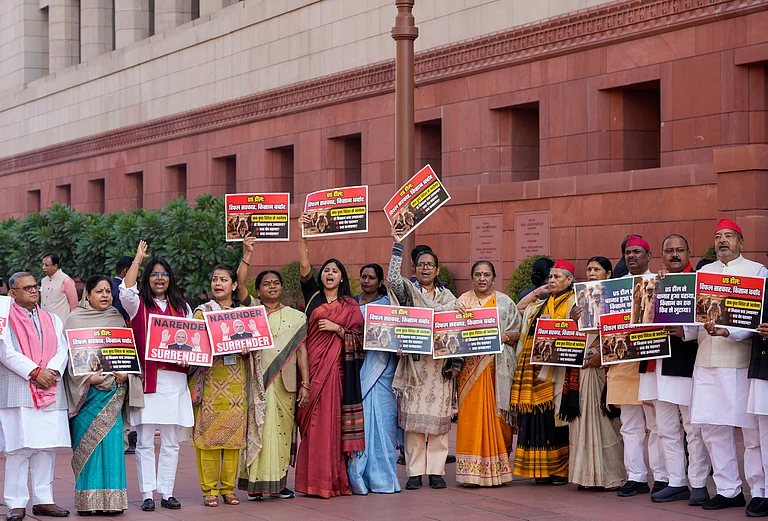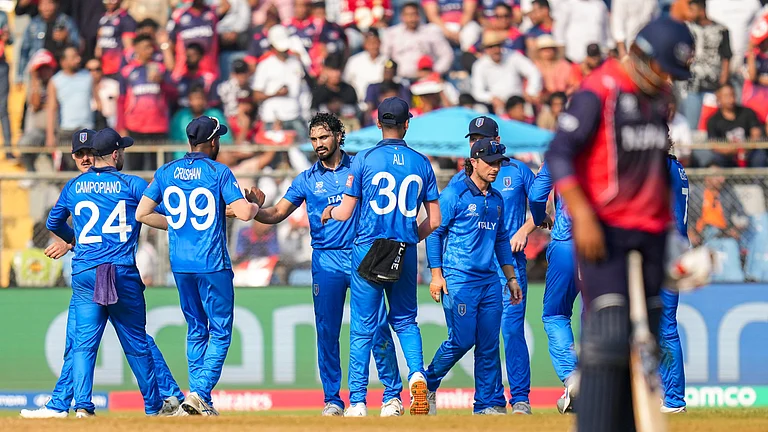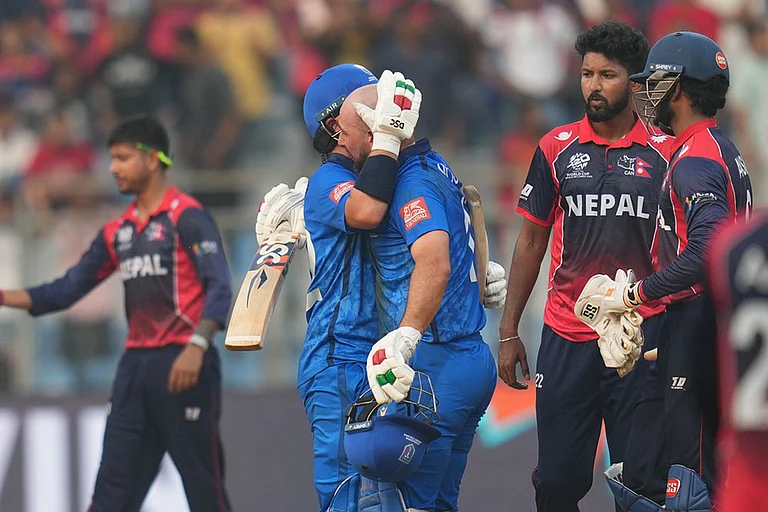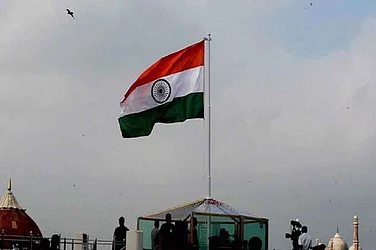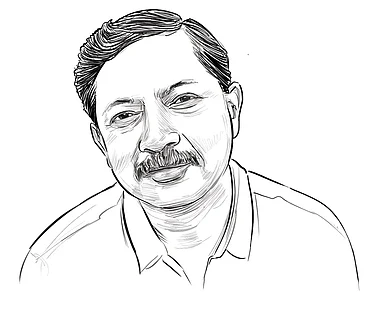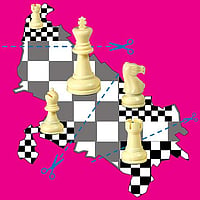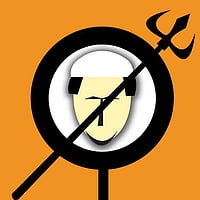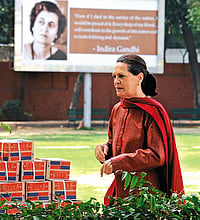When he was seventeen, Narendra Damodardas Modi had an extra middle name—‘Trouble’. He was also fast becoming a problem for his family. Modi at seventeen was unsure about what he wanted to do, which runs in contrast to the decisiveness he shows today: all he possibly knew for sure was that he did not want to accept and play the cards life had dealt him in his home town Vadnagar, in the Mehsana district of northern Gujarat. At that time, Modi also made life agonising for a girl who was three years younger to him. She waited with hope for a drifter to whom she had been betrothed by her parents as a toddler.
This is the period in his life about which Modi does not reveal much. If one probes deep, he smiles and says the time will come when he will reveal all. But at 17, he decided to take a furlough from his family, from what his lower-middle-class moorings ordained for him. He did not want to lock himself in what that offered. It was literally a walk in the woods over the next few years. Modi spent his time roaming about in the hills of Kumaon, the wildernesses of the Himalayas. He would also seek out the tranquillity of Belur Math, the headquarters of the Ramakrishna Mission, about an hour’s drive from Calcutta.
What was Modi’s problem when seventeen? It was essentially an existential crisis, though he has never used such highfalutin jargon to describe his predicament and desires. Vadnagar had a school, but only till Std X. For higher studies, he had to go to a bigger town. He was also concerned about his future: he didn’t want to slip into his father’s shoes and sell tea to train passengers; nor did he want to follow in his elder brother’s footsteps and take up a clerical job in the first private company that was willing to hire him. He know he was cut out for bigger things: the problem was he didn’t know what they were.

But he did not run away from home unannounced like many young lads at that age have done. He took his family into confidence and made an offer they could not refuse: that he was going and there was no stopping him. His mother was the most upset and she cooked a lavish meal to bid farewell. Pleasantries over, Modi left—unsure where and what he was heading for, leaving two families in a lurch and a 14-year-old girl confused about her status in life. Over the next few years, Modi was not a complete dropout from society. He would return occasionally, after a couple of months or so, and be gone again, this time for a longer duration. But at no point did he ever consider renouncing the material life and turning an ascetic.
Modi knew he had a fallback option. The family, of course, was there but there was a larger fraternity that Modi knew would always find space for him if he ever decided to go knocking on its doors. Even as a child, Modi had been among the diligent members of the bal shakha that the Rashtriya Swayamsevak Sangh (RSS) conducted in his town. He had ingratiated himself with one of its prominent leaders whose career was on the rise. The young boy knew he just had to go and beseech his mentor and a new career would unfold before him. But when Modi was 17, he had a very fuzzy notion of politics. He had a hazier idea of spiritualism, which he felt was drawing him. He was fascinated by Swami Vivekananda, but understood very little of what the sage stood for. He was drawn to the idea of Swami Vivekananda because of the romanticism of being a wanderer and for sharing the same name—Narendra.
As far as politics was concerned, the RSS had already instilled in him a dislike for the Congress and its policies but in his inarticulate mind, he did not know the reasons. With a large numbers of youngsters of Gujarat of that time, he shared the angst of Sardar Patel not getting his due. A bit of dramatic patriotism had got ingrained because he joined others for the tamasha value at Mehsana railway station to feed soldiers heading for the battlefront in 1962 and 1965. With war clouds looming large over India once again, Modi decided that it was time to touch base. But a visit to his town revived images of a life that he did not want. After the briefest of stays, Modi hit the road once again. This time the destination was not any uncharted territory. Instead, he halted at his uncle’s house in Ahmedabad and joined his canteen, making tea. The canteen served the RSS office in Ahmedabad.
Once there, he re-established ties with his mentor and soon moved to the RSS compound, doing whatever work was assigned to him. Initially, he was mainly assigned menial tasks. During the 1971 war, Modi joined groups of RSS workers who went to Delhi to enlist in the Indian army. Such voluntarism was, however, not encouraged by the government and he ended up learning how Tihar jail looked from the inside.
A fortnight before Modi turned 62, he was ‘live’ on Google Plus Hangout. He chose to answer carefully selected questions on his food habits and quietly slipped in the claim that for the past 45 years he has wandered as a parivrajak—or a homeless wanderer. Critics would argue that anyone who wears designer clothes and sports fancy accessories can hardly be called a wanderer with little interest in material world.
But when Modi was seventeen he did break with his past and has since never gone back, save on special occasions. He still goes to seek the blessings of his nonagenarian mother on his birthdays and on Vijay Dashami but remains a quintessential non-family man. The man may control many people, determine the fate of detractors, enable associates to have their way, be in charge of large territories and may not ever have to bat an eyelid before spending astronomical sums on his fancies. But there are few that he can claim to be his own. He can see the world from his cocoon but he remains insulated from it. The transitory nature of the world in which Modi lives is due to a conscious choice he made when he was 17.
Mukhopadhyay is currently giving finishing touches to a biography of Narendra Modi.







